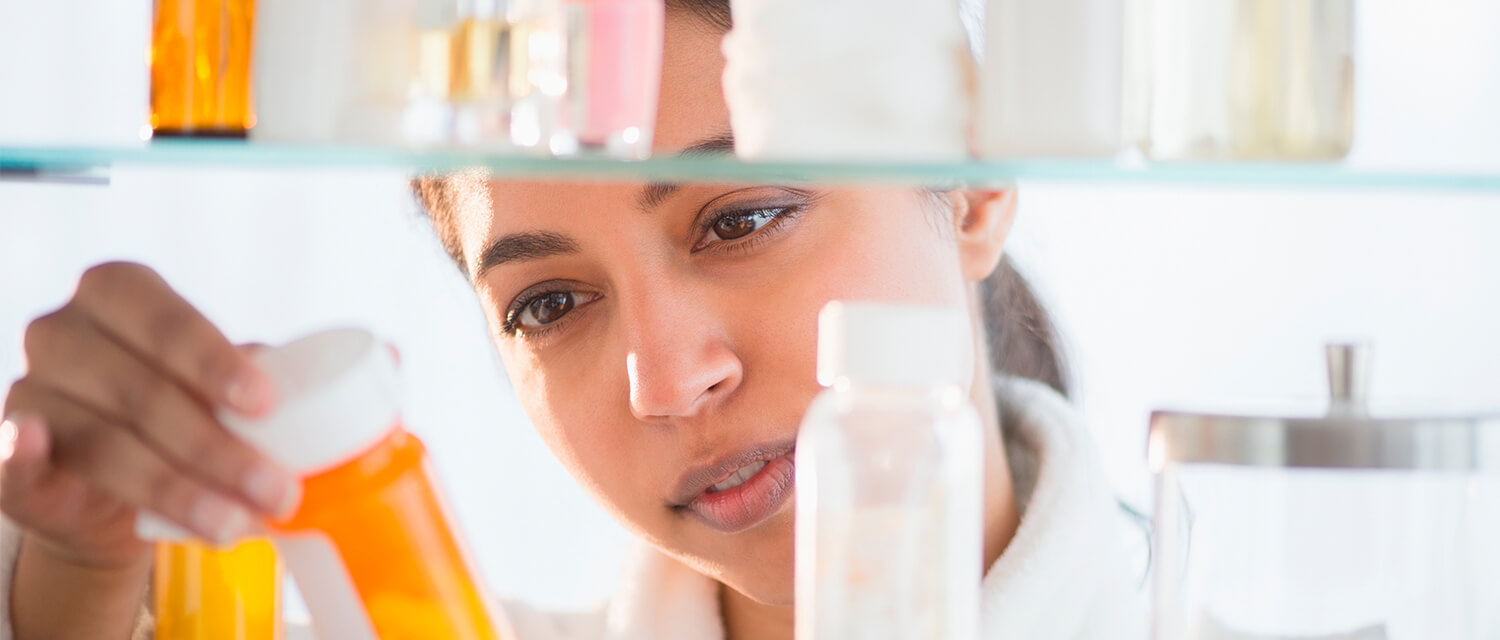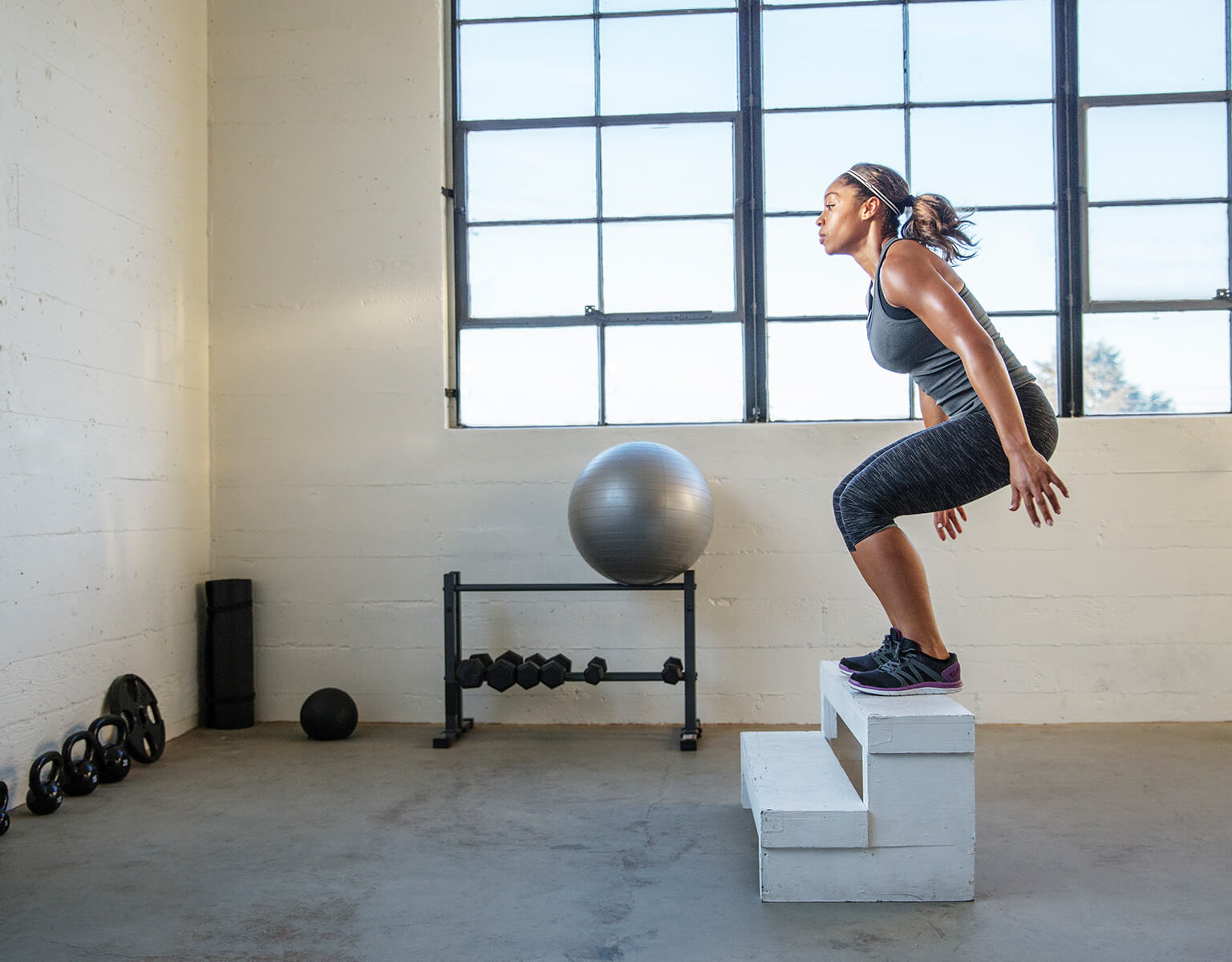Medications and Their Effects on Incontinence

Talk to Your Healthcare Provider about Medication Effects
The first step towards treatment of bladder leaks is a visit to your healthcare provider. They can evaluate your type of incontinence, (Stress, Urge, Mixed, Reflex, Overflow, Function, Bowel), and assess how your current medications might be causing frequent urination and affecting your condition, especially if you've had a change in medication.Don't Be Shy
Nervous about opening up to your doctor? Remember that 25 million Americans experience leakage every single year, so you're not alone – your healthcare provider has heard it all before and they know how to help, so there's no need to feel embarrassed. They can be a trustworthy and supportive partner in your quest for the right treatment.
Which Medications Affect Bladder Control
When it comes to incontinence, some medications improve symptoms while others can actually make them worse. Sometimes, the same medications can increase or reduce leaks – depending on the circumstances. You might take a medication for something completely unrelated to the bladder and still experience bladder-related side effects. That's because some medications can be bladder irritants, which affect the performance of either the bladder or the bladder outlet muscle.
List of Medications
Here's a breakdown of the different types of medications and their effects on bladder and bowel control. If any of these are part of your routine, be sure to talk to your healthcare provider to find solutions.
| MEDICATION TYPE | BRAND/GENERIC NAME | EFFECT | BLADDER SYMPTOMS |
| Diuretics (water pills) | Hydrodiuril® (hydrochlorothiazide- HCTZ), Lasix® (furosemide), Maxzide® (HCTZ- triamterene) | Increased urine production | Frequent, urgent need to go to the bathroom, increased amount of urine output |
| Sedatives, muscle relaxants | Valium (diazepam), Librium® (chlordiazepoxide, Ativan® (lorazepam) | Sedation and drowsiness | Possible lack of appreciation of bladder events (you might not know you need to go) |
| Narcotics |
Percocet® (oxycodone- APAP), Demerol® (meperidine), morphine |
Sedation, drowsiness, retention of urine because the bladder is relaxed or bladder outlet resistance is increased (you may not be able to go due to blockage) |
Lack of concern or desire to use the toilet, difficulty/straining when you start to pee, weak stream, bladder leaks between bathroom visits, having to go to the bathroom more frequently |
| Antihistamines - Antipsychotics/ Antidepressants - Calcium channel blockers |
Benadryl® (diphenhydramine) - Elavil® (amitriptyline), Prolixin® ( uphenazine), Haldol® (haloperidol), Prozac® ( uoxetine HCI) - Calan® (verapamil), Procardia® (nifedipine), Cardizem® (diltiazem) |
Retention of urine because the bladder is relaxed or bladder outlet resistance is increased (you may not be able to go due to blockage) |
Difficulty/straining when you start to pee, weak stream, bladder leaks between bathroom visits, urinary retention, having to go to the bathroom more frequently |
| Anticholinergics |
oxybutynin, tolterodine tartrate, trospium chloride |
Possible difficulty in passing urine due to relaxation of bladder muscle |
Possible decrease in bladder emptying, rarely urinary retention, your bladder always feels full – resulting in constant leakage and increased urgent trips to the bathroom |
| Alpha adrenergic agonist |
Entex®, Sudafed® (pseudoephedrine) |
Tightening of the bladder outlet muscle |
Urinary retention, meaning you don't empty your bladder when it's full, and when you do, the stream is weak |
| Over-the-counter cold remedies |
Nyquil®, Thera u®, Alka Seltzer Plus Cold Relief®, Afrin®, long acting nose drops |
Retention of urine, (meaning you don't empty it when it's full), either because your bladder is relaxed or the strength of the bladder outlet muscle is increased – this differs with different medications |
Retention of urine, (meaning you don't empty it when it's full), either because your bladder is relaxed or the strength of the bladder outlet muscle is increased – this differs with different medications |
| Alpha adrenergic antangonist |
Hytrin® (terazosin), Cardura® (doxazosin), Flomx® (tamsulosin) |
Relaxes the bladder outlet muscle |
Your bladder leaks when you cough, sneeze, laugh, exercise, etc. |
| DDAVP |
desmopressin acetate |
Decreases urine output made by your kidneys |
Possible decrease in blood levels of salts, and decreased urine production |
Doctor Knows Best
Remember to ask your healthcare provider whether your current medications impact bladder control, and be sure to discuss how changing your medications could affect your bladder leaks. In the meantime, you can learn about some easy treatment options like behavioral changes, pelvic floor exercises, changes in your diet, and the benefits of protective hygiene products for incontinence management in our Incontinence Treatments guide.
Still have questions? Talk to a Prevail® eNurse™ 24/7 to learn about next steps in talking to your healthcare provider.

Try Prevail Free
Get a free sample of our protective hygiene products.





